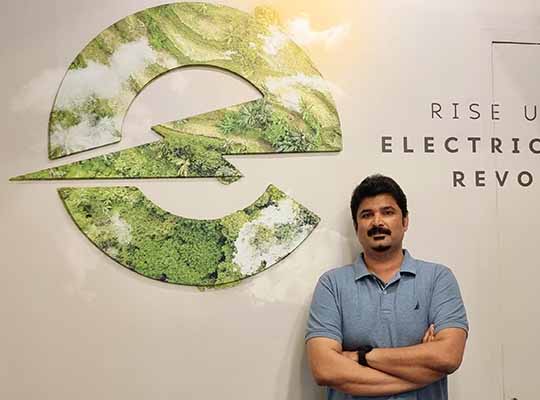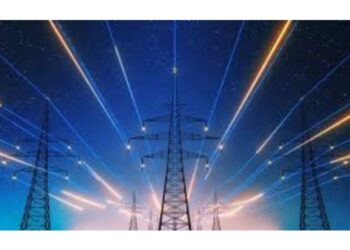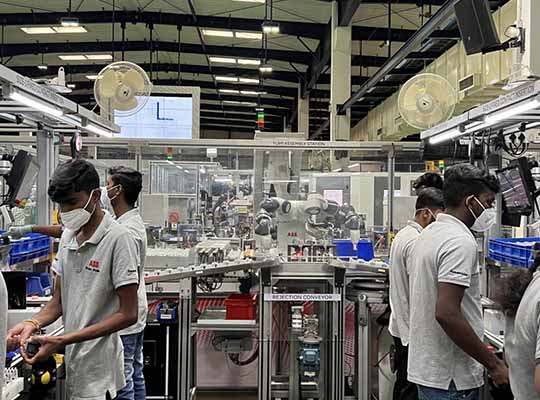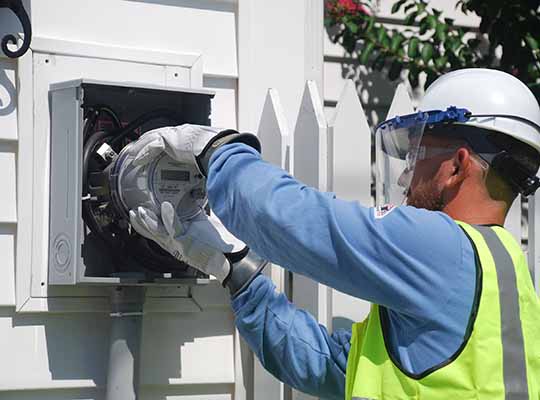The Indian Auto industry is the fifth largest industry around the world and is aimed to be the third largest by 2030. India’s EV sector is at a very growing stage. India offers the world’s largest untapped market in the electric vehicle segment, especially in the two-wheeler segment. The Central government is also prioritizing the shift towards clean mobility, and recent moves to amend the Faster Adoption and Manufacturing of Electric Vehicles in India under the FAME II scheme to make electric two-wheelers more affordable as of November 2021, under phase two of the FAME scheme, about 1, 65,000 electric vehicles have been supported, by way of demand incentive which is approximately about INR 5.64 billion (US$75.16 million). Under the FAME II scheme of the Indian EV policy, many approvals have been granted for around 6,315 electrical buses and 2,877 EV charging stations which costs around INR 5 billion (US$66.63 million) in 68 cities across Indian states & Union Territories and 1,576 charging stations which costs to about INR 1.08 billion (US$14.39 million) across different expressways and highways.
Today many multiple production-linked incentive schemes intend to create a local manufacturing ecosystem to support goals around greater adoption of electric mobility as a mode of transportation. This goal can be achieved by the government once they are ready to incentivize and make fresh investments into developing indigenous supply chains for key technologies, and products. The estimation of growth is also accompanied by concerns about specific challenges related to inadequate supply chains, certain government policies, consumer behaviour and proper EV charging infrastructure. These hurdles must be considered to formulate an adequate India market entry strategy.
This huge Electric vehicle sector in India will still take a few years to evolve. This is not responsible for the Indian Government’s ambitious targets to achieve the goal by 2030 and their resultant steps but the automobile industry believes that India will follow in the low-carbon footsteps of many big developed countries. Every big name in the auto industry is planning to enter the EV market. Even though some domestic EV startups and OEMs already have EVs in their portfolio, other OEMs are all testing and planning to launch their own EVs within the next few years. While each of these manufacturers understands the significance of the mass market prospects for EVs, the policy push from the Government led them to take concrete steps that will make Electric Vehicles attractive. But there are a few challenges faced by these OEMs:
Range Anxiety – For an Electric vehicle user, range anxiety is the concern about the number of kilometres an EV will run i.e. how long the battery of the electric scooter will last. With the current battery technology installed in electric vehicles, it is not feasible to travel long distances on a single charge.
Cost of the battery – The cost of the battery and power electronics constitute almost two-thirds of the cost of an EV. The widely used battery materials in the EV segment are nickel-metal hydride (NiMH) and Lithium-Ion (LiON). There are many factors such as gaps in the demand-supply chain, uneconomically low volumes, etc. that can further lead to the high cost of manufacturing EVs. The battery of the electric vehicle, power electronics and motors can together cost six to seven times higher than that of an IC engine. Which further affects the ex-showroom price.
Over the past few years, we have seen that new battery manufacturing capacities are coming up in India and the localisation push of these battery manufacturing can help to lower the costs of EVs. The economic size of a battery manufacturing plant is upwards of 8 GWh. The localisation benefits can be accrued only in the long term and with meaningful penetration and volumes for EVs.
Supply-chain Problems – EV battery manufacturing in India is still largely dependent on imports due to the scarcity of the availability of Lithium-ion, and this acts as a major roadblock for companies willing to invest in India’s EV industry. Many startup companies are trying to prospect for stakes in overseas resources and are transferring more raw material manufacturing units to India. The battery manufacturing capacity of the Indian EV sector still requires proper and adequate planning.
The Indian EV industry also needs joint ventures that will further help to acquire adequate lithium-ion battery resources. Foreign organizations are increasingly turning to consulting firms to help them to assess technology and industry trends in the EV sector and offer comprehensive business opportunities in India that will help to achieve profitable long-term gain.
Charging Infrastructure – Consumers and fleets considering all-electric vehicles need access to charging stations, which is known as Electric vehicle supply equipment (EVSE). To solve this problem, we need to start with charging at home or fleet facilities. Charging stations at workplaces and public destinations can help to bolster market acceptance.
Lack of service options – Most of us at some point in time would have faced a vehicle breakdown. And due to the large availability of skilled/unskilled auto service technicians, the problem is usually taken care of. With the growth of the Indian OEMs and Electric vehicle segment in the country, there is a need for retraining repair professionals or finding newly trained workers for EVs. An Electric vehicle has lesser moving parts when compared to an ICE vehicle, but the technology is something our informal service network does not know of. This causes a level of anxiety for EV owners who are constantly worried about getting stranded in the middle of nowhere. Even today, many auto OEMs have extensive service and dealer networks across India, but their EV Service network is yet to reach a substantial level.
The Electric vehicle industry and OEMs in India are still in their nascent stage in India, but it is developing at a rapid pace. To match this speed, we need EV infrastructure requirements that will support the EV demand. Even with these challenges, the Indian OEMs and electric vehicle industry have the huge potential to reduce carbon footprint and provide cost-effective vehicles. In the new future, e-mobility in India would be something necessary for survival. So it is always a good option to plan how the developments are going to occur rather than dodging the change. An integrated EV policy of India on the future of mobility with a focus on zero-carbon emission mobility is the call of the hour. The future of electric mobility, the growth of Indian OEMs is here and is here to stay, evolve and widen its reach.
About The Author :
Dr. Irfan Khan
The author is the Founder & CEO of eBikeGo (https://ebikego.com ) India’s largest smart electric two-wheeler mobility platform.













